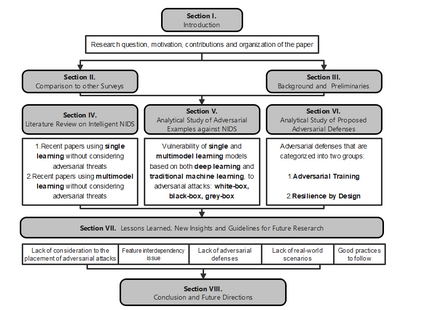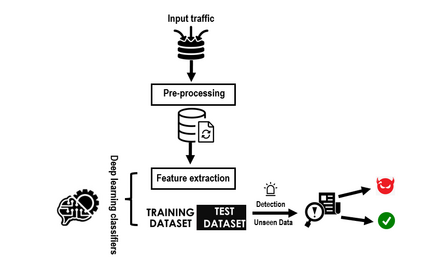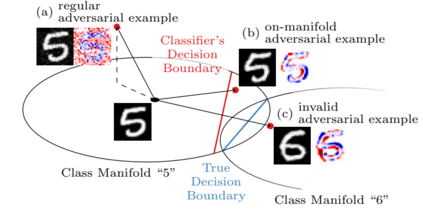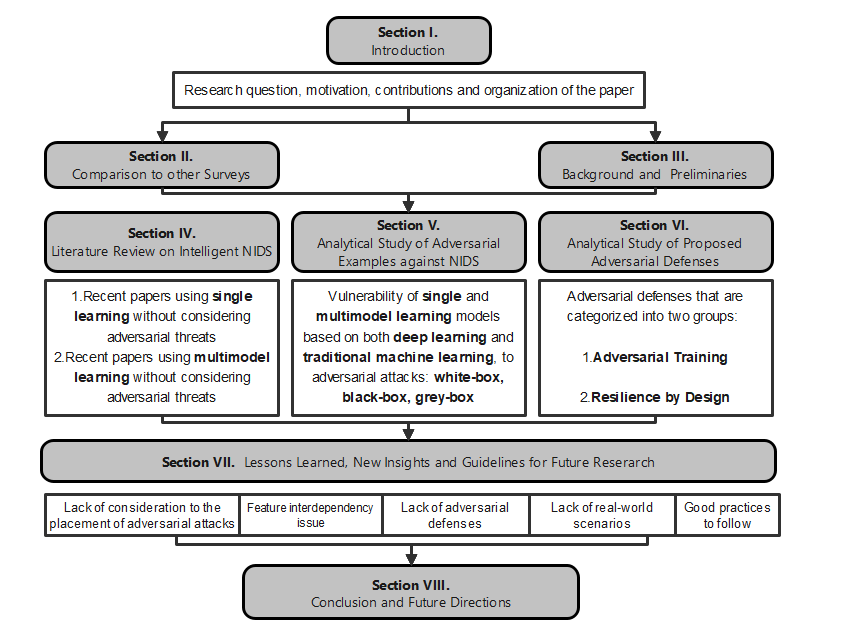Machine learning has brought significant advances in cybersecurity, particularly in the development of Intrusion Detection Systems (IDS). These improvements are mainly attributed to the ability of machine learning algorithms to identify complex relationships between features and effectively generalize to unseen data. Deep neural networks, in particular, contributed to this progress by enabling the analysis of large amounts of training data, significantly enhancing detection performance. However, machine learning models remain vulnerable to adversarial attacks, where carefully crafted input data can mislead the model into making incorrect predictions. While adversarial threats in unstructured data, such as images and text, have been extensively studied, their impact on structured data like network traffic is less explored. This survey aims to address this gap by providing a comprehensive review of machine learning-based Network Intrusion Detection Systems (NIDS) and thoroughly analyzing their susceptibility to adversarial attacks. We critically examine existing research in NIDS, highlighting key trends, strengths, and limitations, while identifying areas that require further exploration. Additionally, we discuss emerging challenges in the field and offer insights for the development of more robust and resilient NIDS. In summary, this paper enhances the understanding of adversarial attacks and defenses in NIDS and guide future research in improving the robustness of machine learning models in cybersecurity applications.
翻译:暂无翻译













